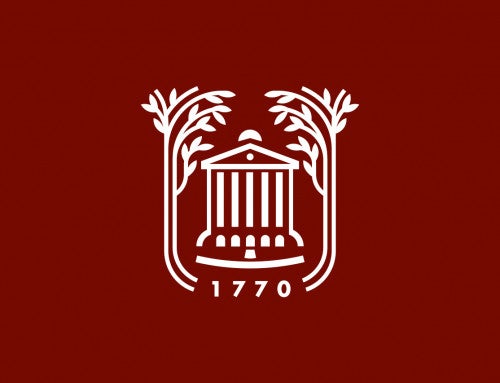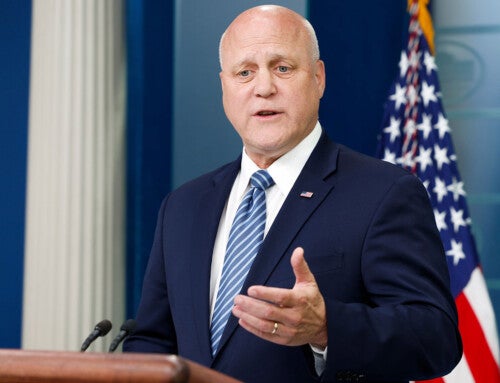College of Charleston Provost Suzanne Austin shared the following message with the campus community on Thursday, Nov.19, 2020:
Dear Campus Community:
This has truly been an uncommon semester. Although many students are thriving this term, others are struggling, prompting renewed discussion about the possibility of a PS/NS (pass/fail) option. The College’s academic leadership has been in conversation with many different groups on campus, including faculty and the Student Government Association. We want to thank them all for their cordiality as we try together to navigate a semester like no other.
As an outcome of these discussions, the College is extending the deadline for withdrawing from a course. The course withdrawal extension (starting at 8:00 a.m. on Friday, November 20 and continuing until Monday, December 7) applies only to students enrolled in College of Charleston courses and does not apply to Charleston Bridge students. Instructions regarding the withdrawal process can be found by visiting here (http://blogs.cofc.edu/registrar/2020/11/19/course-withdrawal-date-extension-fall-2020/). As was the case last spring, transcripts will also contain a notation regarding the challenging circumstances around the fall semester.
Please note: when making a decision regarding course withdrawal, be sure to review the Scholarship Renewal Chart (https://finaid.cofc.edu/pdf-forms/Scholarship%20Renewal%20Chart.pdf) to ensure that you will have the requirements met for your scholarship by the end of the summer 2021. Questions can be sent to [email protected].
On behalf of the College, we are also pleased to announce that next semester (spring 2021) the College will allow students the PS/NS (pass/fail) option for one course of their choice. This provision underscores the College’s commitment to ensuring students’ continued progress toward their degrees even under these stressful circumstances. More details about this PS/NS option will be provided at the beginning of the spring semester.
Over the past several weeks, we have heard from numerous students and faculty members both for and against instituting a pass/fail option this semester. We thank the Student Government Association for sharing their well-reasoned and well-crafted resolution last week in advocating for the student body. Their important concerns were also shared by the Faculty Advisory Committee to the President and others.
Based on a thorough and systematic review of academic performance to date, however, that included midterm grades, and informed by many conversations with students, professors, department chairs and deans, the College has decided not to implement a pass/fall grading system for this fall semester. However, we are confident that extending the deadline for withdrawing from a course will better assist students who struggled academically because of the pandemic in fall 2020.
While going pass/fall in spring 2020 was necessary due to the unplanned move from in-person to fully online/remote classes, that change in grading was never intended as a long-term, multi-semester strategy, especially for major, minor and general education coursework. This is why it was not adopted for the summer 2020 sessions – with the ongoing understanding of the importance of earning grades for the benefit of one’s major of study, competitive internships, scholarships and awards, graduate program admission and various employment opportunities.
We recognize this decision will not be universally popular, but we also believe it is the right decision. Since classes began this past August, faculty have been encouraged to be flexible with their assignments, attendance policies and grading, and that flexibility has resulted in some very positive outcomes during a difficult time. For example, our analysis of midterm grades shows a notable increase of As, Bs and Cs as compared to previous years past, and, in turn, a higher combined grade point average across the entire student body. Despite the current stress levels, we see no reason to anticipate a sudden decline in this achievement level.
Students who need additional academic support this fall or assistance planning their springtime course load should take full advantage of the Center for Student Learning, Center for Disability Services and the Academic Advising and Planning Center. Also, any student who might need non-academic counseling and support should contact the Counseling Center. As President Hsu has stated repeatedly, students have an extensive and readily available support network at the College of Charleston.
Finally, we are very proud of our students and faculty for their many successes this semester, and for your dedication, hard work, perseverance and innovation to maintain the high standards of our exceptional community of scholars.
Sincerely,
Suzanne Austin
Provost and Executive Vice President
Division of Academic Affairs




